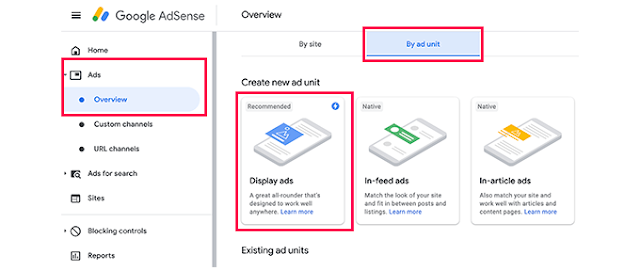ENT Disorders as a Result of Smoking- Six Sigma Clinic
It is estimated that smoking causes almost 1 in 3 cases of chronic sinusitis, and nearly 1 in 4 cases of asthma, according to the American Lung Association. Smoking also increases your risk for a number of other ENT disorders such as allergies, post-nasal drip, tonsillitis, and chronic cough.
Smoking has been shown to cause inflammation in the lining of your nose and throat (the mucous membrane) leading to increased production of mucus which can result in post-nasal drip or chronic cough. Smoking may also increase the size of your tonsils so that they stick out more when you do not have them inflamed due to infection; this leads to a decreased ability to fight off infections that can lead to tonsillitis or strep throat.
In addition to these effects, smoking also decreases your immune system's ability to fight off infections which makes you more susceptible to getting sick with things like bronchitis or pneumonia if you are already sick with something else at the time as well as making it harder for your body's natural defenses against these things by decreasing their effectiveness when they're needed most!
Smoking is one of the most common forms of addiction, and it's also one of the most popular ways to start a tobacco habit. In fact, about 20% of all smokers will eventually become dependent on nicotine, according to the American Lung Association.
Smoking causes damage to the tiny hairs in your inner ear, which helps you stay balanced while you're moving around. These hairs are called semicircular canals and help you determine where sound is coming from. Smokers tend to develop an imbalance between the air pressure in their lungs and air pressure in their middle ears—this makes it harder for them to hear sounds because there's not enough sound reaching their inner ears.
On top of this, smoking puts stress on your vocal cords by increasing the production of mucus, which makes it harder for you to speak clearly without coughing or clearing your throat first (which could lead to additional damage).
But quitting smoking isn't just about preventing those things—it's about improving your overall health. Not only that, but it can also help you live longer—if you don't smoke, then you'll have a much lower chance of getting diseases and conditions like cardiovascular disease and diabetes.
* Try Cognitive Behavioral Therapy (CBT). CBT works by helping you identify the negative thoughts that drive your smoking behavior and replace them with positive ones. This process helps you feel better about yourself so that you're less likely to think about lighting up when you want to smoke or get stressed out over how much nicotine is in your body right now.






Comments
Post a Comment